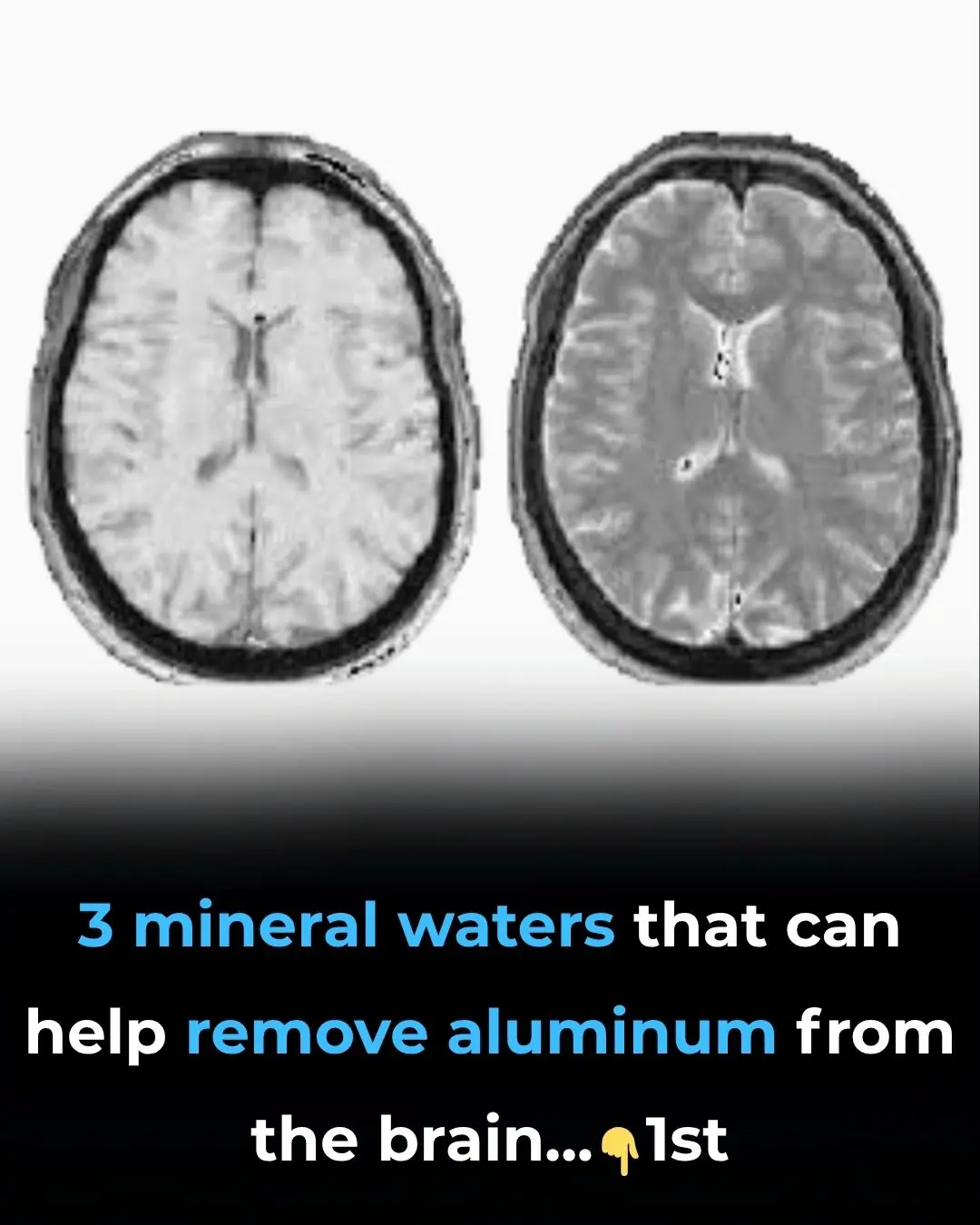
Nerve Pain Relief? The Vitamin Deficiency You Never Suspected!

Today, let’s uncover a surprising cause of nerve pain that most people—and even many doctors—overlook. If you’ve ever dealt with tingling, numbness, burning, or sharp shooting pain in your hands, feet, or other areas, you already know how life-disrupting nerve pain can be. Prescription medications often aim only to dull the symptoms… but what if the root cause is much simpler than you think?
Shockingly, a Vitamin C deficiency could be silently damaging your nerves.
Most people associate Vitamin C with immunity or fighting colds, but its role in nerve health is far more profound. Without enough Vitamin C, your nervous system loses key support structures it needs to function properly—leading to misfiring signals, increased inflammation, and long-term degeneration.
Here’s the eye-opening truth:
Your nerve pain may not be permanent. Your body might simply be desperate for more Vitamin C.
How Vitamin C Protects and Repairs Your Nerves
1. Myelin Sheath: The Insulation Your Nerves Depend On
Think of your nerves as long electrical wires. Just like those wires require protective rubber coating to prevent short-circuits, your nerves rely on a fatty protective layer known as the myelin sheath. When myelin wears down—because of diabetes, autoimmune issues, toxins, or nutrient deficiencies—your nerves become exposed and unstable.
This leads to:
-
Burning or stabbing pain
-
Tingling sensations (“pins and needles”)
-
Muscle weakness
-
Slowed reaction times
Vitamin C is crucial for building and repairing myelin. Without enough of it, your nerves function like damaged, frayed cables—highly sensitive, easily irritated, and prone to sending incorrect signals.
2. Collagen: The Hidden Framework Holding Your Nerves Together
Many people know collagen for skin elasticity, but few realize it is also a structural pillar for nerves, blood vessels, and connective tissues. Your body cannot make collagen without Vitamin C. That means:
-
Low Vitamin C → Weak collagen → Fragile nerves & reduced blood flow
-
Adequate Vitamin C → Strong, resilient nerve pathways
When collagen breaks down, nerves lose stability and become far more vulnerable to compression, inflammation, and oxidative stress.
The Powerful Link Between Vitamin C and Neuropathy
3. Diabetic Neuropathy: Could Vitamin C Be the Missing Link?
Millions of people with diabetes suffer from neuropathy, yet research increasingly suggests that low Vitamin C levels make nerve damage far worse.
Here’s why:
-
High blood sugar destroys myelin over time
-
Vitamin C reduces the oxidative stress caused by excess glucose
-
Without Vitamin C, nerve repair slows dramatically
Studies show that supplementing Vitamin C can help reduce neuropathy symptoms, indicating that nerve pain isn’t always just about blood sugar—sometimes, it's about nutrient imbalance.
4. Can Vitamin C Help Regenerate Damaged Nerves?
Your body can repair nerve cells—but only if it has the right building blocks. Vitamin C plays several key roles in recovery:
-
Supports nerve growth factors like BDNF
-
Fights oxidative stress that kills nerve cells
-
Helps tissues heal more quickly after injury
-
Improves circulation to damaged areas
This means that in many cases, nerve pain does not need to be permanent. With enough Vitamin C, your nervous system can rebuild and strengthen itself.
Are You Deficient? Key Signs You Need More Vitamin C
Because the human body cannot store Vitamin C, you need a steady daily intake. Deficiency symptoms often masquerade as other conditions, which makes them easy to overlook. Common signs include:
✔ Chronic nerve pain or tingling
✔ Slow wound healing
✔ Easy bruising or fragile blood vessels
✔ Fatigue, low energy, or brain fog
✔ Dry, splitting hair or rough skin
✔ Frequent colds or infections
If you experience several of these, your nerve pain may be linked to low Vitamin C.
How to Restore Your Vitamin C Levels and Reduce Nerve Pain
Top Food Sources
Incorporate these Vitamin C-rich foods daily:
-
Citrus fruits (oranges, lemons, grapefruit)
-
Bell peppers (one of the richest natural sources)
-
Kiwi, strawberries, guava
-
Broccoli and Brussels sprouts
-
Dark leafy greens like kale and spinach
Even small daily servings can make a major difference over time.
Should You Supplement?
For people with existing nerve pain, higher therapeutic doses may be needed—typically 500–2000 mg/day, depending on your health status.
Best forms include:
-
Liposomal Vitamin C: highest absorption, gentle on stomach
-
Buffered Vitamin C: good for sensitive digestion
-
Ester-C: longer-lasting and highly bioavailable
Always consult a healthcare provider if you have kidney issues, kidney stones, or iron-loading disorders.
Final Verdict: Your Nerve Pain Might Be Fixable
If you’ve been told your neuropathy is something you “just have to live with,” it may not be the full story. Vitamin C deficiency is far more common than most people realize—and correcting it could offer significant, lasting relief.
Sometimes the solution isn’t more medication…
It’s giving your body the nutrients it needs to repair itself.
News in the same category

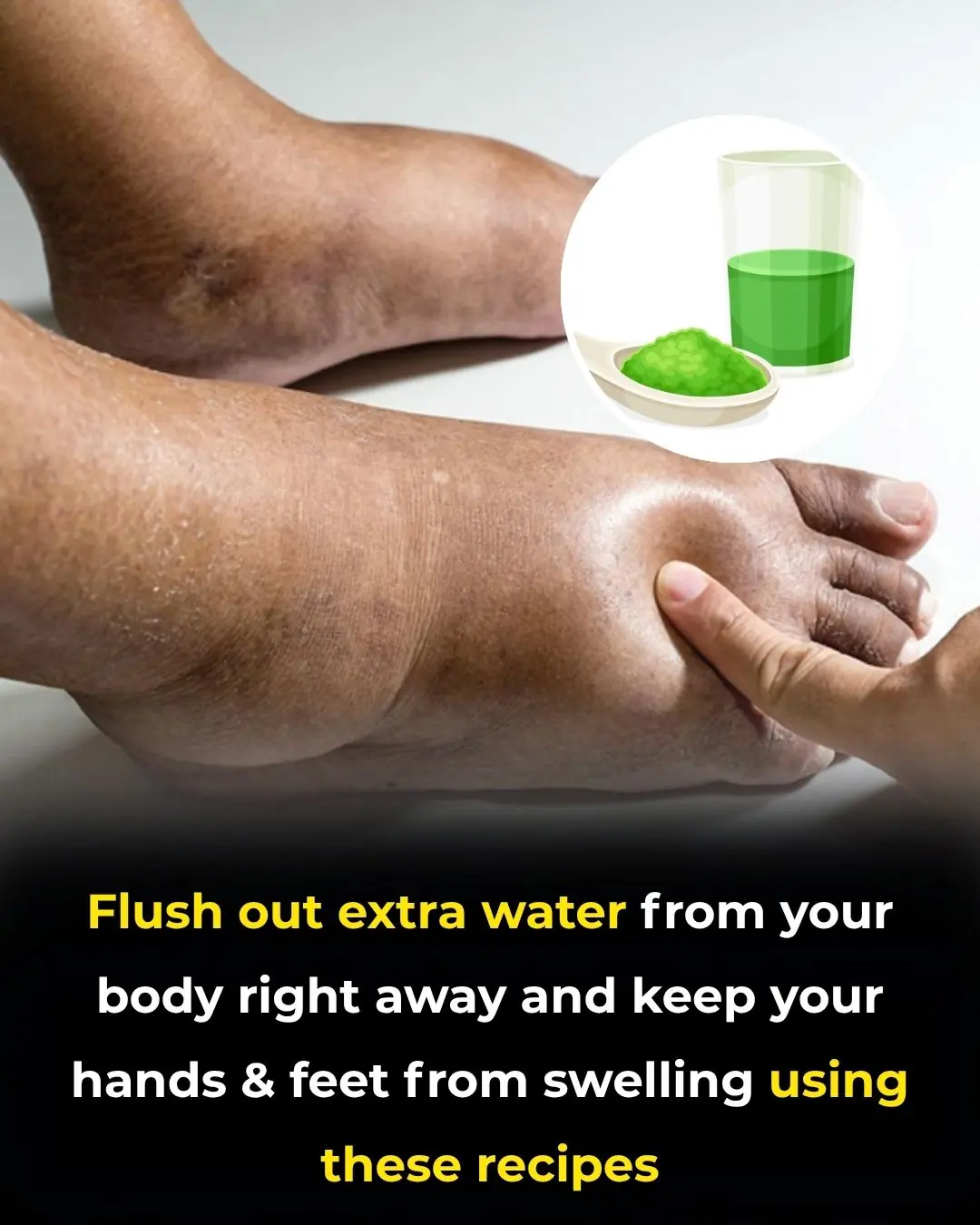
Say Goodbye to Swelling: Natural Ways to Beat Water Retention Fast!

Why Some People’s Skin Turns Red When Drinking Alcohol
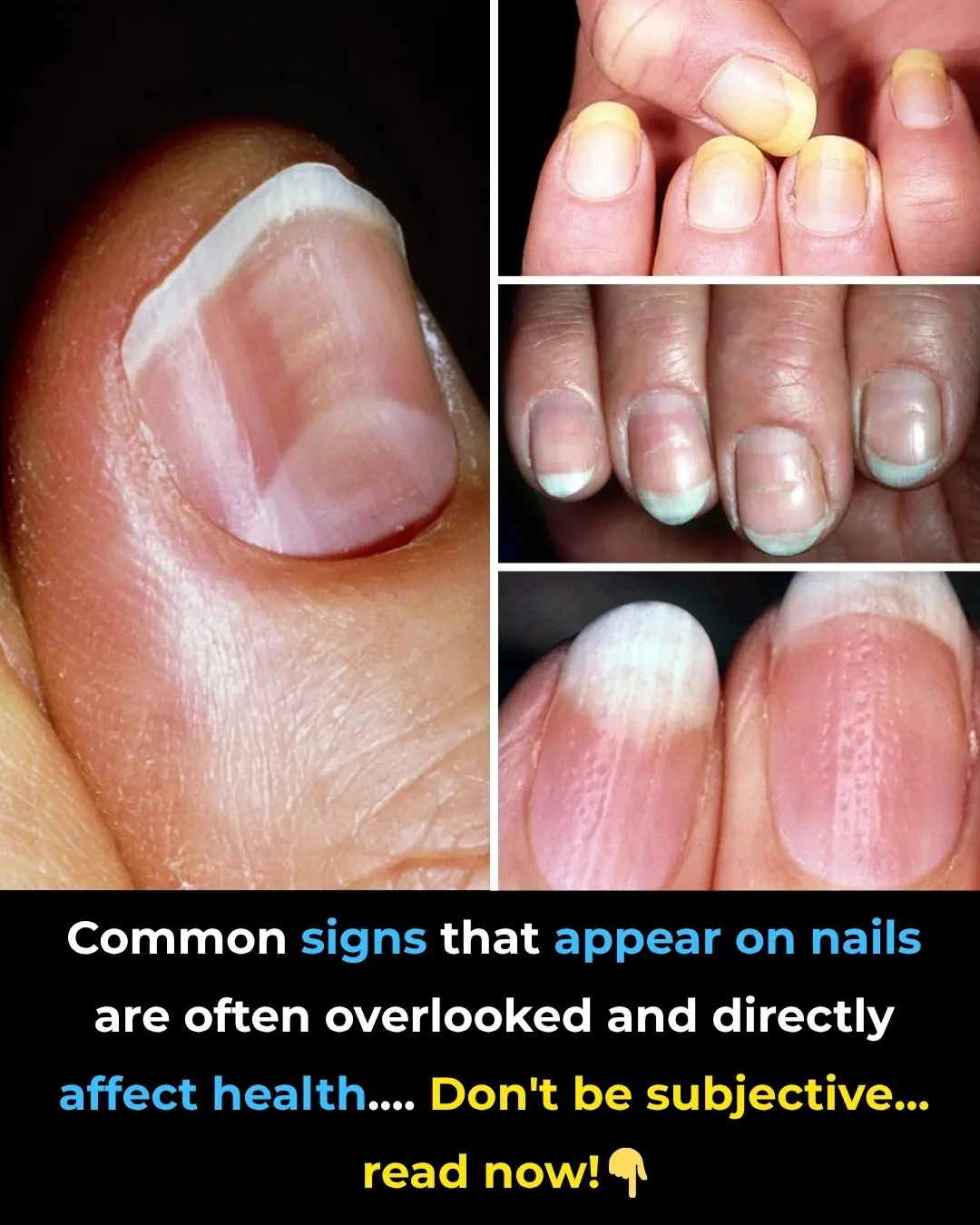
What Your Nails Reveal About Your Health: Hidden Signs You Shouldn’t Ignore

The #1 reason to drink lemon water daily (and the mistakes that ruin it)

Maintain Your Thyroid in Top Condition with This Juice

Eggs in Pregnancy: How They Can Supercharge Your Baby’s Brain Development

Scientists Achieve Breakthrough in Reversing Human Skin Cell Aging by 30 Years: A New Era for Anti-Aging and Regenerative Medicine

Eating Eggs Weekly May Reduce Alzheimer’s Risk by 47%: What New Research Reveals

The best way to lower blood sugar fast!

Signs of pancreatic cancer you should never ignore
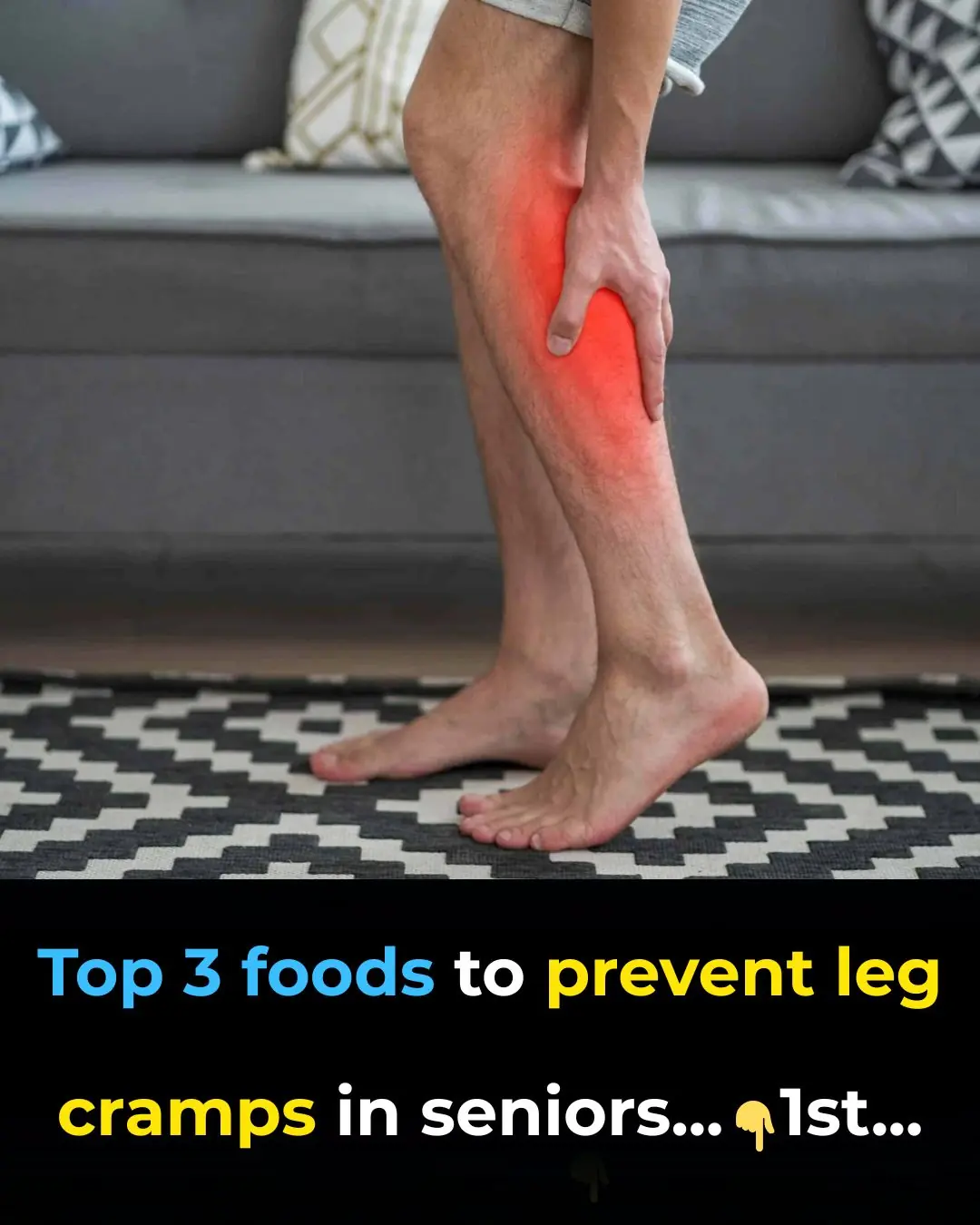
Top 3 Foods to Prevent Leg Cramps in Seniors: Strengthen Your Legs Naturally!

5 Herbs Your Liver Wished You’d Start Eating More Often (Or At Least Try!)

Top 10 foods that unclog arteries naturally and prevent heart attack
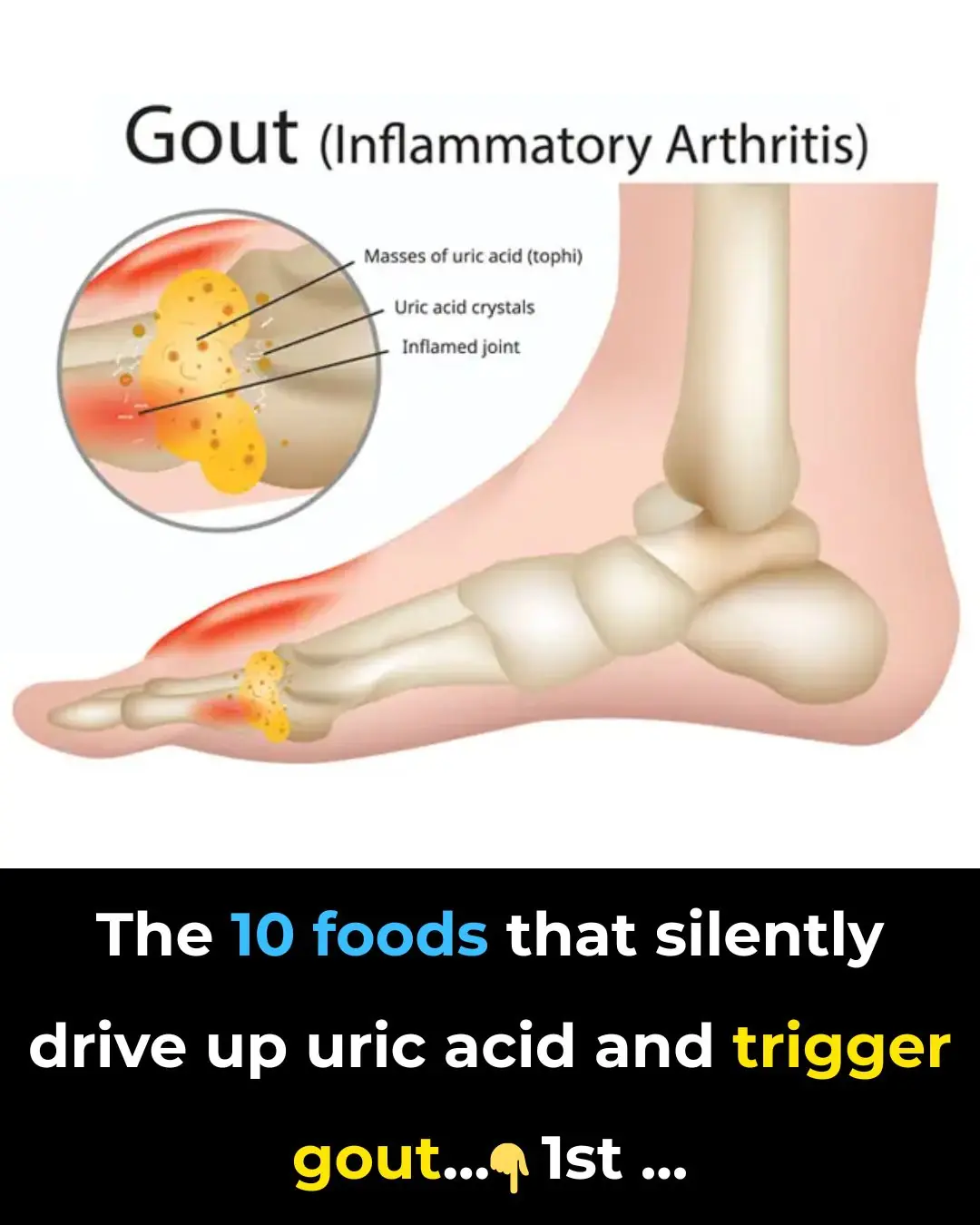
Top 10 Uric Acid Foods To Avoid If You Have Gout

The natural ingredient that helps you sleep through the night and boosts fat burning
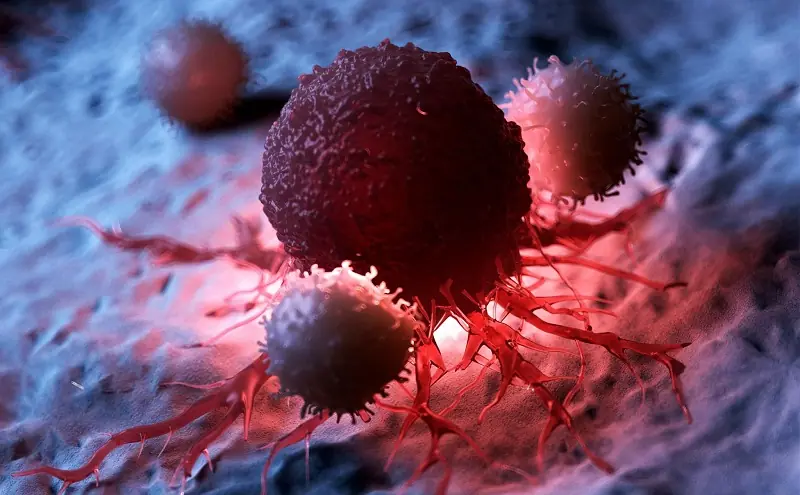
Cancer Dies When You Start Eating These 8 Foods. Time To Start Eating Them
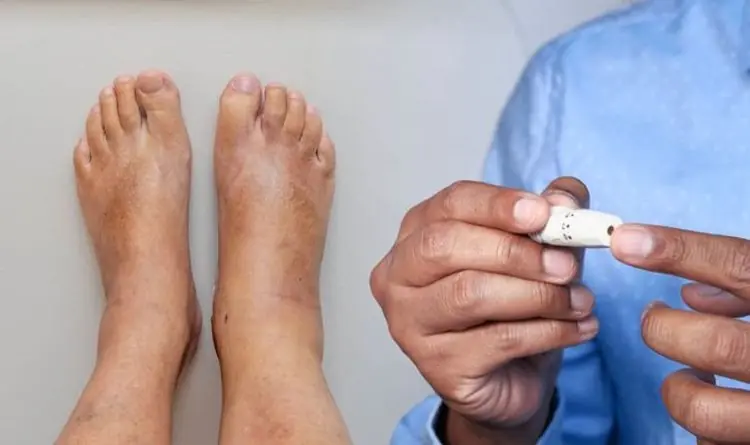
Your Feet Are A ‘Blood Sugar Meter’ – Beware Of Diabetes If You Frequently Experience These 12 Symptoms
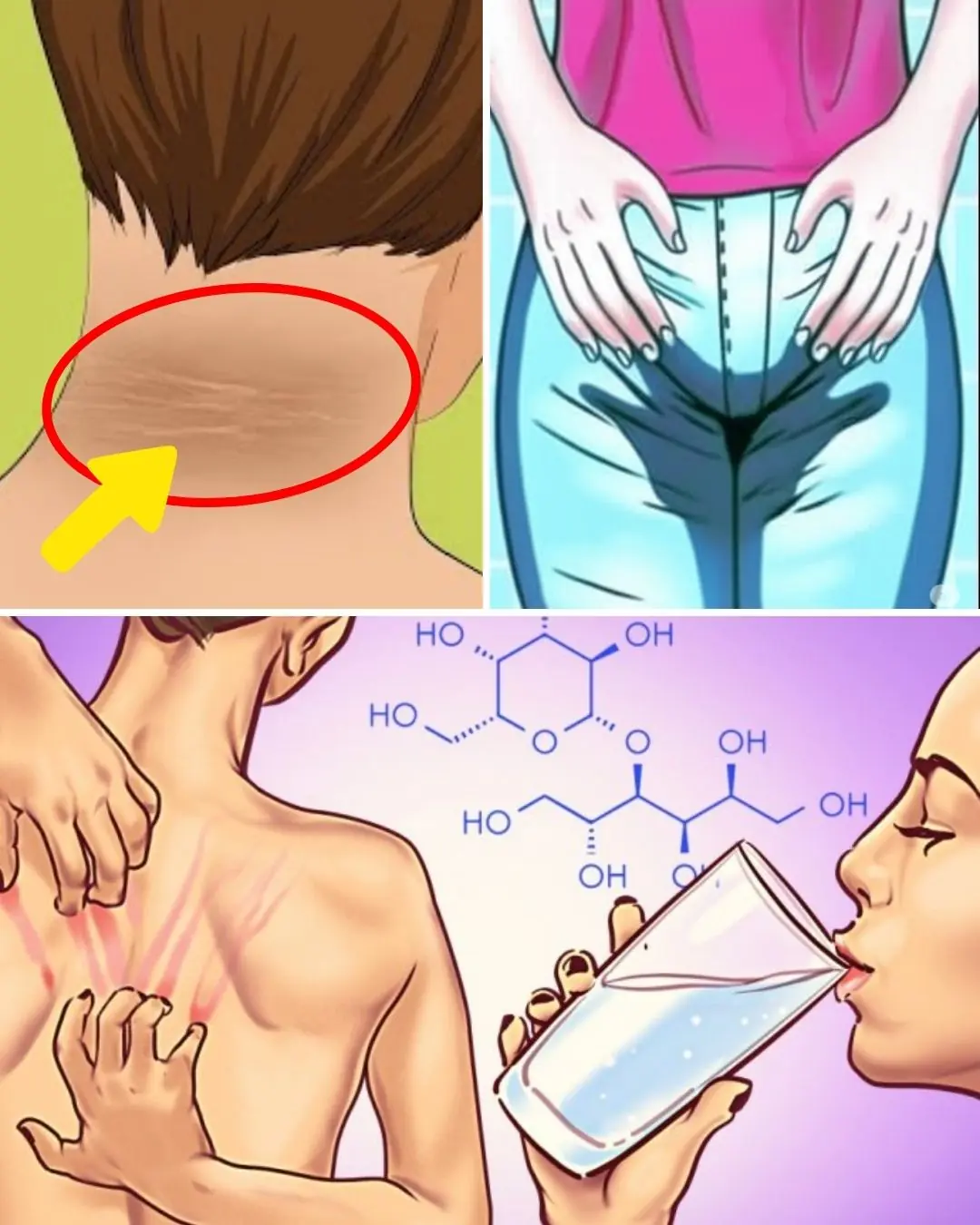
What are the symptoms of diabetes?
News Post

Ariana Grande gives shocking update on music career after ‘Wicked: For Good’

Controversial I'm A Celeb star Ruby Wax's changing face

MAFS UK's Abi issues emotional relationship status update

The “Hand of God” Technique: How a Simple Gesture Brought Humanity Back Into Isolated Hospital Rooms

Ant McPartlin's tattoos explained – from meaningful inking to poignant tribute

When the Brain Begins to Consume Itself: The Hidden Costs of Chronic Sleep Loss
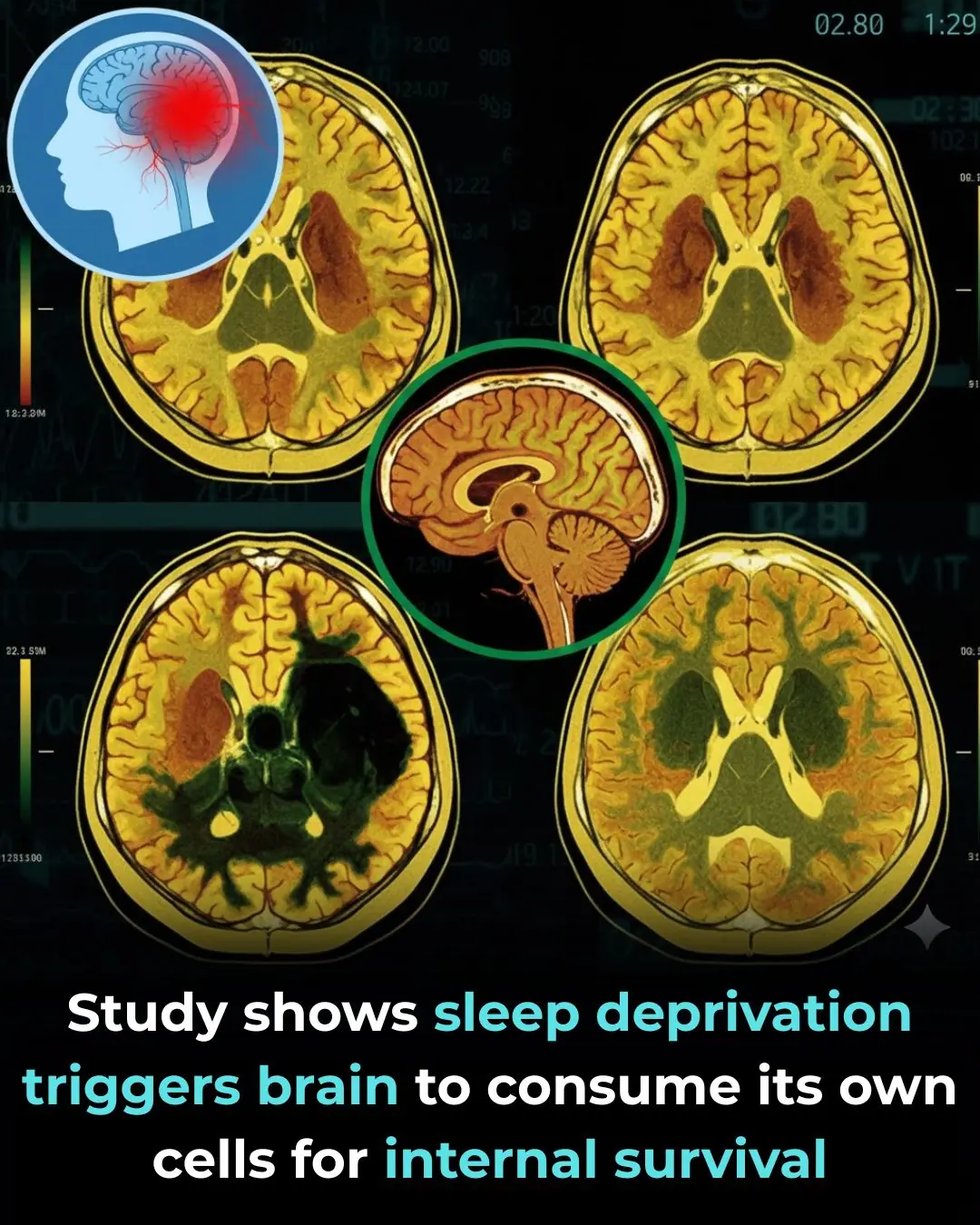
When the Brain Eats Itself: The Hidden Damage Caused by Lack of Sleep

From Self-Marriage to Self-Divorce: Suellen Carey’s Viral Journey of Self-Love

Kerry Katona undergoes corrective boob surgery as she gushes over beau Paolo's support

How Rose Essential Oil May Reshape the Brain: A Deep Dive Into a Surprising New Study

Celebrity MasterChef’s Gaz Choudhry fails to impress Grace Dent and John Torode and is sent home

DANIEL RADCLIFFE SENDS LETTER TO NEXT HARRY POTTER AND RECEIVES AN INCREDIBLY HEARTWARMING REPLY

The Hidden Years of Postpartum Recovery: How Motherhood Reshapes the Brain

I’m A Celebrity 2025: What the meaning is behing Shona McGarty’s piercings and tattoos

HOW CANCER CAN CAUSE DYSLEXIA AS MARTIN KEMP OPENS UP ABOUT EXPERIENCE ON I'M A CELEB

Unattractive Traits That Can Secretly Ruin a Relationship

Things You Should Never Do to Avoid Lightning Strikes

BILLY BOB THORNTON REVEALS TRUTH ABOUT INFAMOUS BLOOD VIALS WITH ANGELINA JOLIE
